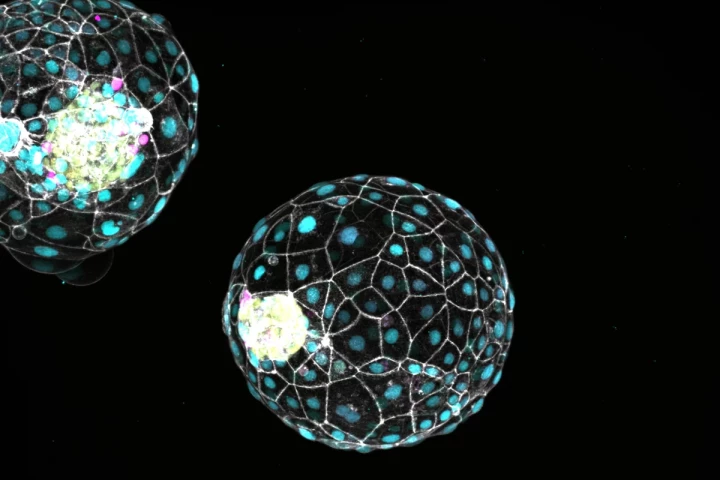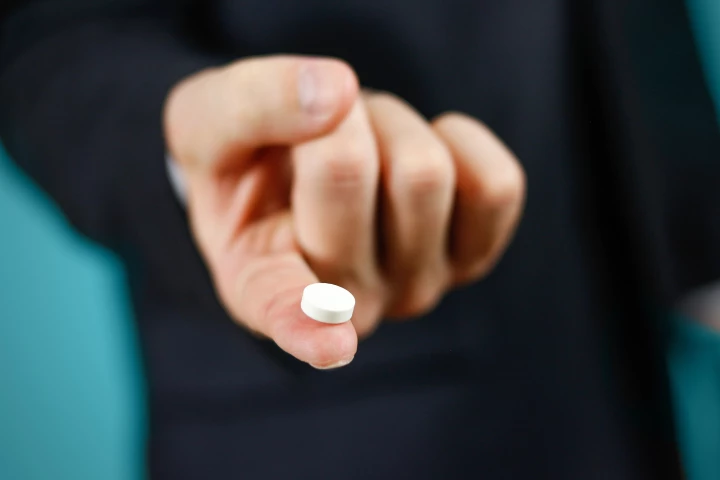Fertility
-
An innovative fertility technology using stem cells to help an embryo mature outside the body has resulted in the world’s first live human birth. The company responsible for the tech says it’s faster, safer and more accessible than conventional IVF.
-
Scientists have discovered a kind of “pause button” in early human development. This biological mechanism has long been known in other mammals, but its discovery in humans could aid IVF procedures.
-
At the time of writing, there were an estimated 8,123,518,311 living humans on Earth – roughly the most there has ever been. But as fertility and birth rates continue to freefall, the numerical peak of humanity is quickly approaching.
-
A non-hormonal, reversible and safe male pill may be in sight, as scientists successfully silence a protein crucial in fertile sperm production. Knocking out this protein temporarily resulted in unviable sperm, without any lasting impacts on fertility.
-
If you're trying to disperse 300,000 disease-fighting mosquitos per day, using a drone may well be your best bet for doing so. The technology has already been tested in Brazil, where it showed very promising results.
-
Scientists have boosted the motility of slow sperm by blasting the cells with 40-MHz ultrasound waves to induce movement. Capturing the technique's impact on individual sperm cells, the study opens the door to new non-invasive fertility treatments.
-
Declining fertility can make it harder to have kids in middle age. Now scientists have identified a mechanism that seems to accelerate aging of the ovaries – and found a way, in mice at least, to slow it down to boost fertility later in life.
-
A study has found that it takes longer than previously thought for the negative effects of alcohol consumption to leave a man’s sperm. The findings are important for potential fathers to factor in when they’re considering starting a family.
-
A research review has found that eating at least two handfuls of nuts a day may improve sperm quality – and, therefore, fertility – in young, healthy males. This simple strategy had positive effects without requiring any other changes to diet.
-
A study of nearly 3,000 Swiss men over the course of 13 years has shown a link between frequent cell phone use and a decrease in sperm quantity. What's more, today's 4G and 5G networks may have less of an impact than older communications technology.
-
Researchers have found that a naturally occurring compound enhances fertility in older female mice by reversing age-related reproductive cell decline . The discovery could one day aid in developing treatments to improve human fertility.
-
In what might be a surprise for some, the male sex chromosome is far more complex than its female counterpart. This is why it’s taken scientists so long to work out exactly what makes a male a male. Now, they've completed the elusive Y chromosome map.
Load More











